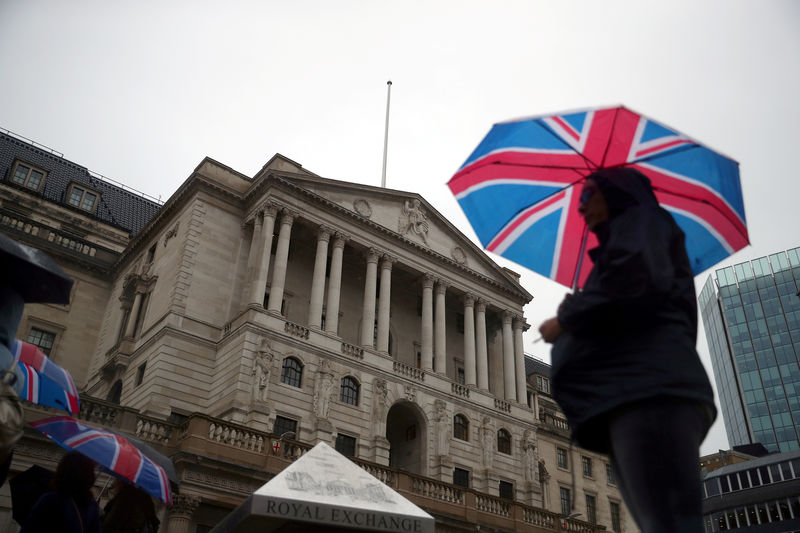LONDON (Reuters) - Britain needs independent financial regulators after Brexit that can respond swiftly to changes in the economy and continue to nurture innovation, a senior Bank of England official said on Wednesday.
Victoria Saporta, executive director of prudential policy, said financial rules after Brexit should be "dynamic and responsive", allowing regulators to make necessary changes to reflect technological, economic and social change.
"In the absence of regulators being able to adapt rules in response to risks, macro-prudential policy will be weakened and incentives to stoke credit booms will be strengthened," Saporta said.
The bulk of Britain's financial rules come from the European Union. Britain is due to leave the bloc in October, triggering a debate on future regulation.
Britain's finance ministry and lawmakers will review regulation after Brexit, with some seeing it as an opportunity to introduce more flexible rules to help maintain London's competitiveness as a global financial center.
Saporta's boss, BoE Deputy Governor Sam Woods, has already said it would be undesirable for Britain to become a "rule taker" of EU regulation after Brexit.
Brussels has said that future financial market access to the bloc will be on the basis of Britain's rules remaining "equivalent" to those in the EU, meaning that major divergence from current rules could jeopardize access.
Saporta said the BoE would need independence in regulation to continue supporting responsible innovation in finance.
"If the UK is to seize the opportunities offered by innovation, we will need to maintain a flexible, supportive and robust regulatory regime," she said.

"Being able to flexibly amend our rulebook so that we can continue to achieve our objectives is a necessary element for achieving this vision."